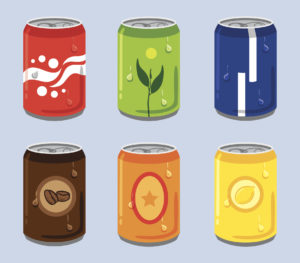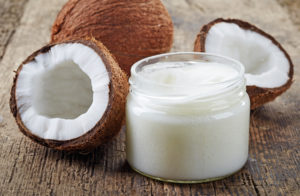** Part I in our Series on the New Year of Food Litigation **
By: Brent E. Johnson

“Diet” advertising claims are a potential new target of consumer class actions that companies should be on the lookout for in 2018. A trio of cases filed in late 2017 against three of the largest “diet” branded beverage companies — The Coca-Cola Co., Pepsi-Cola Co. and Dr Pepper Snapple Group Inc. — highlight the risk. The complaints in these cases accuse the soda companies of violating the Food, Drug and Cosmetic Act, which prohibits the labeling of food that is “false or misleading in any particular.” 21 U.S.C. § 343(a). The cases were all filed in the U.S. District Court for the Southern District of New York: Excevarria v. Dr Pepper Snapple Group Inc. et al., 1:17-cv-07957 (S.D.N.Y, Oct. 16, 2017); Geffner. v. The Coca-Cola Co., 1:17-cv-07952 (S.D.N.Y, Oct. 16, 2017); and Manuel v. Pepsi-Cola Co., 1:17-cv-07955 (S.D.N.Y, Oct. 16, 2017).
Plaintiffs claim that inherent in “diet” branding is a promise that the product will assist with weight loss. The complaints allege that this promise is unfulfilled with diet sodas because the artificial sweeteners used in the defendants’ products cause weight gain, not weight loss.
The science referenced in the complaints (while still developing) is intriguing. We all know that reducing caloric intake is one of the foundations of weight loss. Starting in the 1960’s, beverage makers removed natural sugars (high in calories) from products, replacing them with newly discovered “low calorie” sweeteners such as aspartame and sucralose. These sweeteners have been rigorously tested and are generally regarded as safe by FDA. See 46 FR 38283, 48 FR 31376; see also Chobani, LLC v. Dannon Co., Inc., 157 F. Supp. 3d 190 (N.D.N.Y. 2016). More recently, though, these sweeteners have been tested for their efficacy in weight loss. In particular, a recent Yale study suggests that the caloric value of artificial sweeteners is immaterial – it is the sweetness of the products that matters. According to the study, a sweetness “mismatch” – where an intensely sweet product does not have the expected caloric load — causes the body to shut down metabolism. This lower metabolism in many cases causes weight gain.
But what does that mean for “diet” products containing artificial sweeteners? Is the simple use of the term “diet” (particularly where it is only in the brand name, i.e., Diet Coke, or Diet Pepsi) an affirmative representation that the soda is a weight-loss product? As with any false advertising lawsuit, “context is crucial.” Fink v. Time Warner Cable, 714 F.3d 739 (2d Cir. 2013). Is Diet Coke actually sold as a weight loss supplement? Does any reasonable consumer believe that soda (sugar free or not) will make them lose weight? Is “diet” in these contexts a relative term – i.e., as compared to a regular soda. And is “diet” (or similar terms such as “lite” or “low-cal”) too ambiguous and idiosyncratic to attach an absolute meaning as plaintiffs attempt to in these lawsuits? Is it the equivalent of suing McDonald’s because the Happy Meal does not actually make you “happy”?
The diet soda giants have one significant advantage in this debate. The use of the term “diet” in the brand name of soft drinks is grandfathered under the Nutrition Labeling and Education Act of 1990 (“NLEA”). Under the NLEA, the word “diet” is specifically approved as a brand name for a soda on the market in 1989 as long as the soda is under 40 calories per serving. 21 U.S.C. § 343(r)(2)(D) (requiring compliance with 21 C.F.R. § 105.66). And the NLEA does not mandate that the use of the word “diet” meet some “weight loss” requirement. FDA is otherwise silent, except for noting that “diet” branding must not be otherwise false and misleading. 21 C.F.R. § 101.13(q)(2). Arguably, the express grandfathering under the NLEA preempts or otherwise forecloses on an accusation that certain sodas cannot properly be branded “diet.”
How courts treat the “diet” claims will be an important issue to watch in 2018. If this concept of artificial-sweetener-as-diet-killer takes hold, it could be a rocky year for foods that make similar claims. We will be watching the “diet” wars with interest . . . and coming in Part II of our multi-part series – xantham gum as the basis of new “natural” class actions.

